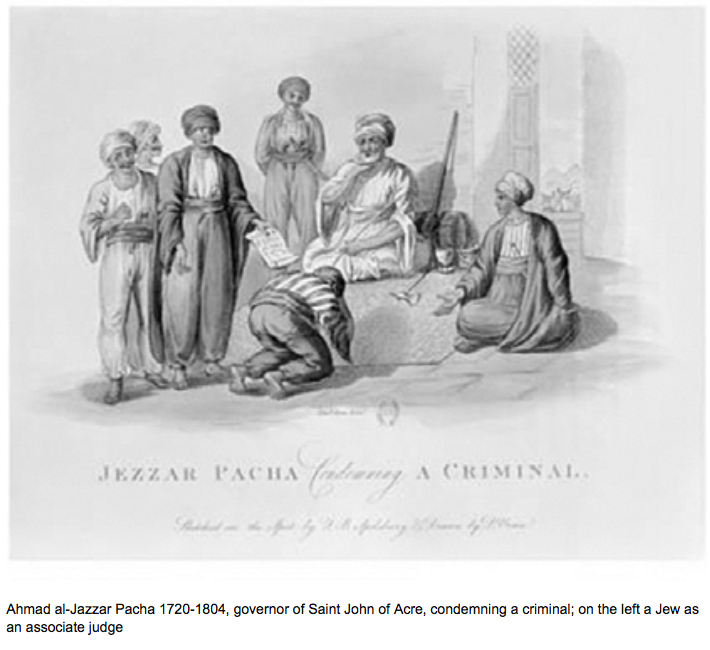Waqf Board – How Waqf is placed in the history


The term waqf literally means to prevent or restraint. In legal terms, it means to protect a thing or to prevent it from becoming the property of a third person.
In definition, Waqf refers to the endowment of an asset or property by a Muslim to the ownership of Allah for religious, charitable, and pious purposes. It could be defined as the Muslims’ permanent dedication for religious purposes including a declaration of dedicating its usufruct perpetually as recognised by the Shariah. Once the dedication is made, all rights of the property are passed from the waqif and rest with Allah in an absolute sense. Hence, the asset that has been made as the subject of waqf cannot be sold, mortgaged, donated or otherwise transferred even by inheritance. Among the believers, the concept of waqf has huge significance as it brings the waqif continuous reward (Hasanah) throughout his life and even after his death.
Historically, Waqf was set up to ensure people of the Dhimma, or Dhimmis are provided for in a conquered land, until they agree to submit to the conqueror’s religion. According to the rules of jihad, the imam (leader) of the Muslims had to keep a waqf or collective trust of the entirety of the Ummah (the community of Muslims). In accordance with these rules, the conquered people, their wealth, their women and children, their land, their property, and the fruit of their labor constitute the communal property of the Muslim ummah or national community. The purpose was not to eliminate the Dhimmis until they did not submit to Islam. Instead, their economic output was to be harvested through the jizyah and the kharaaj and the other taxes and duties imposed on them, as well as through corvees or forced labor, on lands they used to own previously. The Waqf lands, which were ironically stolen from these very people, were hence used as secured, jail like spaces for them.
The first instance of Waqf is said to be from 7th century, when the Prophet directed his close accomplice and later to be his father in law, Umar Bin Khattab, to dedicate the fruit from four orchards as Waqf for the betterment of the migrant community in the city. The migrants had come from Makkah and many were new converts. Umar had recently acquired these orchards in Madina. They were previously the property of the Jewish tribe of Khyber, the Banu Quraizah, who were famously murdered for defying an agreement with the migrants from Makkah. This incident is mentioned in Sahih al-Bukhari 2737, Book 54, Hadees 24.
Historically, Waqfs have been wealthy establishments founded with the purpose to provide Muslim societies with basic services such as health and educational facilities. The usurpation of waqf properties by Muslim governments in the nineteenth and twentieth centuries, led to a decline of the establishment, and it was promptly picked up by the local Turks in India.
In other Islamic countries the utility of Waqf is carried out in different manners. In Pakistan, it is present as a sub department to the Ministry of Religious Affairs, under the monikker of Department of Auqaf. However, there is no concept of a Waqf Board in a powerful, national capacity, as it exists in India. Borrowing from an earlier article on how Waqf Board came about in India, ‘Waqf Board was formed in 1954. This is where the agenda of Islamization of India started. There is no organization named Waqf Board in any Islamic country of the world. This is only in India, which is a secular country, not an Islamic one.’ At the time of partition, Hindus left their homes and lands in Pakistan, which were later awarded to Muslims who had moved to the other side of the border. But in many cases, the homes and lands left behind by Hindus in India, were gradually made available to the Waqf Board by the concurrent governments. These lands of Hindus were then used to make various Muslim masjids, Madarsas, and Kabristans.
(Read the article here: https://kreately.in/the-land-under-waqf-board-has-more-than-doubled-in-just-13-years/)
The Waqf Board in India received unlimited powers in the 90s, and is looking to go from strength to strength by continuing to lay claim on lands using innovative ways. Lately, an attempt has been made to usurp land in South Delhi’s urban forest called Deer Park, where they have tried to make a Kabristan. The Dhimmis within us have let the Hindu population suffer in multiple ways, but now this has to stop. It is high time that the mistakes of the past are undone, and this appesement act is removed altogether.
DISCLAIMER: The author is solely responsible for the views expressed in this article. The author carries the responsibility for citing and/or licensing of images utilized within the text.
